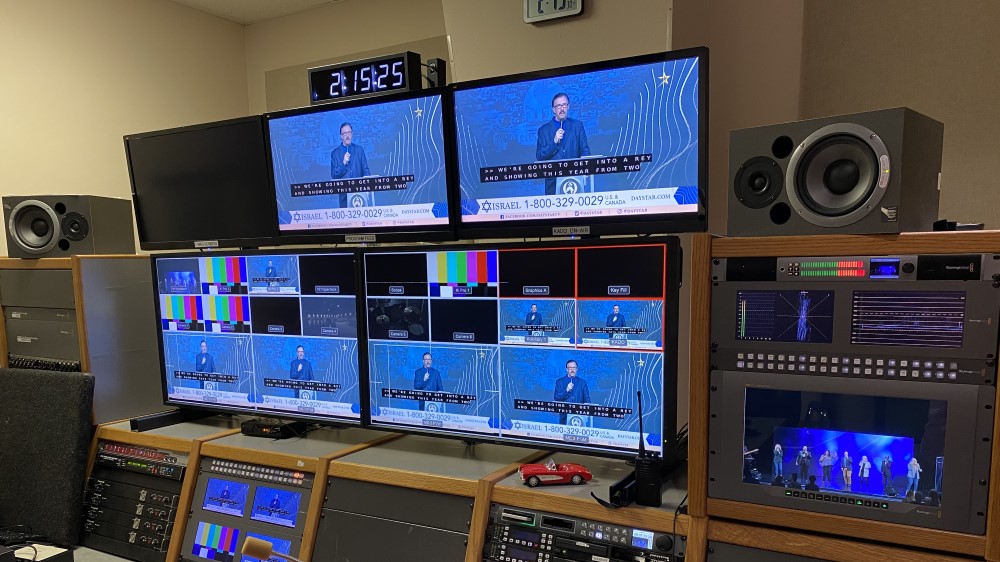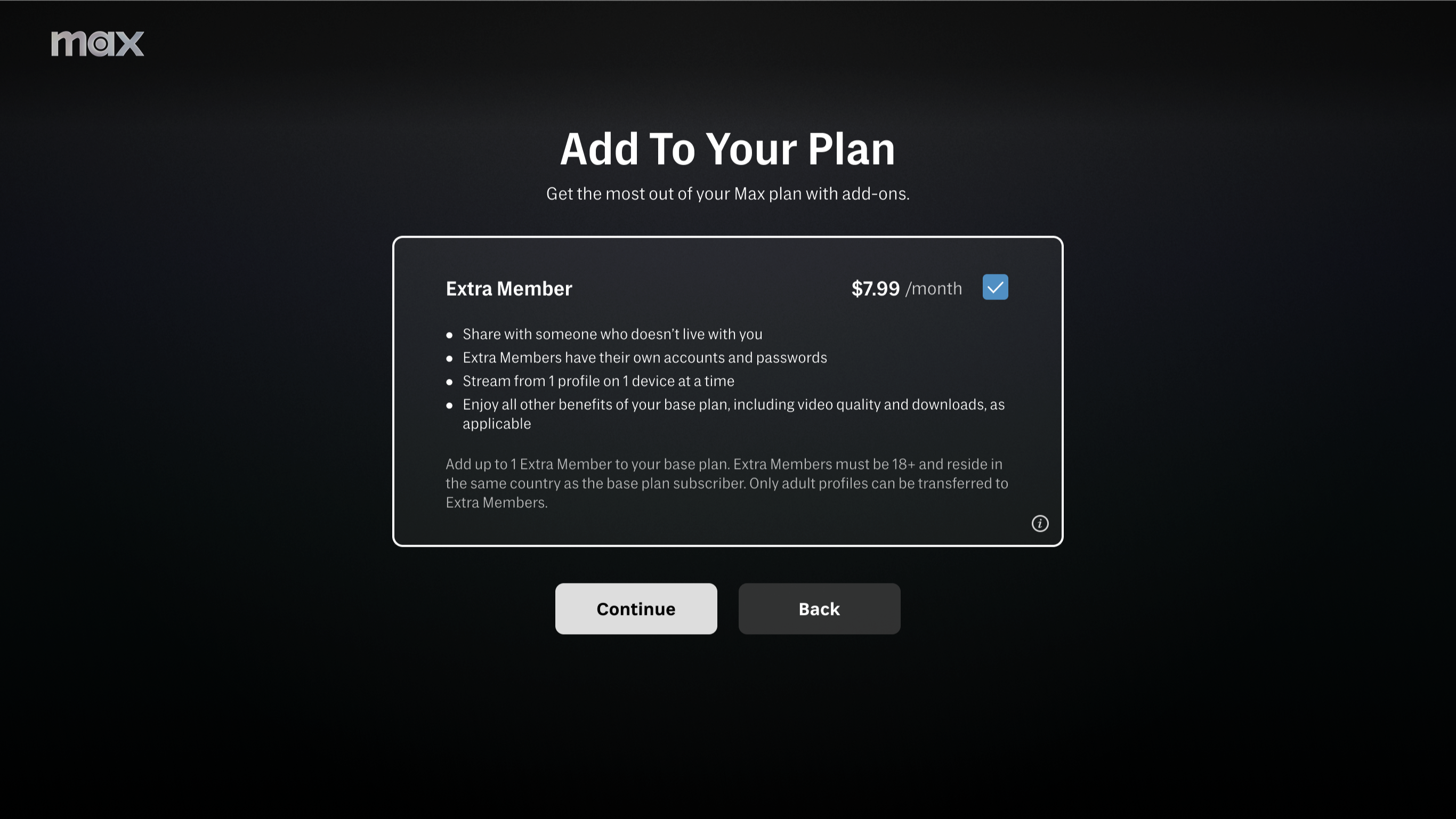KADO-CD Taps Digital Alert Systems to Add VIDS to KADO-CD EAS
DAS’ DASDEC platform helped station implement NextGen TV service

SHREVEPORT, La.—As the Shreveport affiliate for the Daystar Television network, KADO-CD TV 40 offers family and spiritually oriented programming. We take pride in serving our community, and also recognize the important role local broadcasters play in emergency communications. We view relaying potentially life-saving messages through the U.S. Emergency Alert System (EAS) our sacred duty as a “first informer.”
We used to rely on older EAS equipment that was functional but highly outdated and becoming unstable. It was time to upgrade to more reliable EAS and Common Alerting Protocol (CAP) equipment that would be properly secured, fully compliant and up to date. We also needed an SDI-based solution that would be easier to manage and update to meet the FCC’s latest EAS/CAP requirements. Additionally, we needed a better way to display our station ID.
A MODERN SOLUTION
To meet these requirements, we have adopted Digital Alert Systems’ DASDEC EAS/CAP encoder/decoder platform working in concert with a ChyTV computer graphics and display solution from DigIT Signage Technologies. DASDEC is a reliable, secure, all-in-one EAS system that can be easily updated to the latest FCC standards as required.
The DASDEC and ChyTV unit features seamless SDI and embedded audio capabilities. With other EAS systems, creating audio alerts is a manual process that requires de-embedding the audio, connecting to analog, dropping in the EAS alert audio, reconverting to digital and then finally re-embedding the audio. DASDEC handles the entire process, removing points of failure and saving us from having to jump through six different conversion devices.
We found the combination of DASDEC and ChyTV gear extremely fast and easy to install and deploy, and both solutions checked off all my boxes for EAS and graphics capabilities. We only encountered one small computer-related issue with the install, and the Digital Alert Systems and ChyTV teams gave us outstanding support. They not only fixed the issue, but they showed me how it happened, how to test for it and how to fix it if it should ever occur again.
VISUAL DISPLAY OF EAS MESSAGES
We’re proud to say that KADO-CD TV40 is the first-ever deployment of the Visually Integrated Display Symbology (VIDS) recommended practice developed by the NextGen Video Information Systems Alliance (NVISA), whose members include Digital Alert Systems and DigIT/ChyTV.
VIDS was created with the goal of improving the visual presentation of emergency alerting information on video displays, with the system guiding the implementation of emergency warning graphic interfaces, including the addition of dynamic elements. When used with Digital Alert Systems’ EAS-Net communications protocol, VIDS displays both a text crawl and symbolic element corresponding with the current alert state. In addition, icons for specific types of alerts can remain after the text has completed its required display cycle.
VIDS gives us seamless station ID schedules and also the ability to display clear, highly readable emergency messages that meet all FCC requirements. Even better, we’re able to present the messages in ways that are especially compelling to our local audience. The visual icon representing the alert type helps communicate the information clearly to viewers who may not be able to understand a text-only alert.
By collaborating to create a highly effective new EAS protocol, Digital Alert Systems and ChyTV are plotting the future course of emergency alerting. They have sent a strong signal that they are committed to their customers and, by extension, the future of the industry. We could not be more pleased with our choice of these companies to take KADO into the next generation of emergency alerting.
Chad Giddens has worked for Life United, the owner of KADO, for 25 years. He manages all of the audio, video and lighting for the station. He can be contacted at wolmedia@mac.com.
For more information, visit www.digitalalertsystems.com.
Get the TV Tech Newsletter
The professional video industry's #1 source for news, trends and product and tech information. Sign up below.
